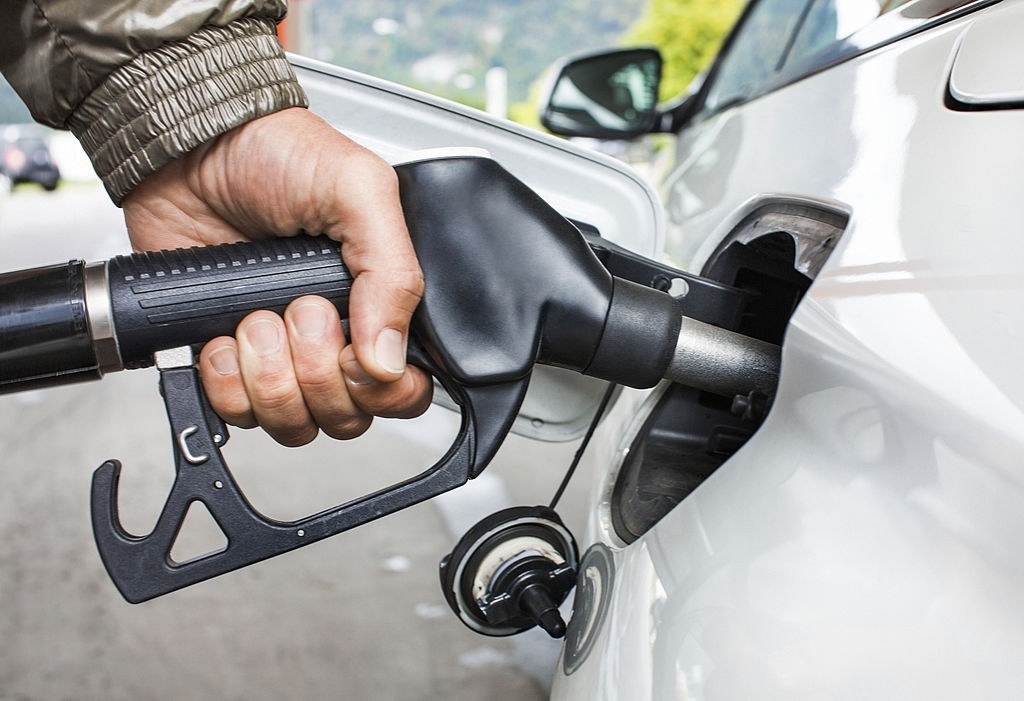Looking for ways to save money on gas? You’ve come to the right place. Nowadays, cars are more fuel-efficient. Yet Canadians still spend horrendous amounts on gasoline.
Car owners in Canada spend, on average, 3.245% of their income on gas (about $1510 per individual). That’s a lot of money!
If you’re looking for ways to save, here are some ideas. Check them out.
1. Plan your routes properly to save money on gas
Imagine that you will carry out a trip of several hundred km, and you can choose a motorway route or a route that combines motorways with national roads. As long as their orographics are similar, the second case will be more efficient than the first – mainly due to moderate speed. Know the routes you usually travel on, learn the timing of your traffic lights, and opt for a longer route with no heavy traffic jam on certain occasions.
Before embarking on a trip, analyze the alternatives to reach your destination, as well as its orography.
2. Find Fuel Rewards Programs
One of the best ways to save money on gas is to sign up for a fuel rewards program. Many gas stations offer special rewards for returning customers.
Also, one of the perks of having a credit card like CIBC Dividend Platinum® Visa* Card is its fuel rewards program, which reimburses your gas purchases. Link and use your CIBC Dividend Platinum Visa Card with Journie Rewards to automatically save up to 10 cents per liter at participating Pioneer, Fas Gas, Ultramar, and Chevron gas stations.
3. Turn off the engine when you stop
In prolonged stops, such as when you wait for someone or answer a call, it is advisable to turn off the engine. In fact, an engine spends more idling than starting and stopping it.
The fuel consumption of an engine at idle is estimated at 0.6 liters/hour per liter of displacement. For example, a 1.5-liter engine consumes almost a liter of fuel per hour without moving. That is, without realizing it, you could use up a fuel tank without moving a single km in a matter of two or three months, depending on the displacement of your car.
4. Drive slower to save money on gas
Speed is the enemy of consumption. The faster you drive, the more fuel your car will use. What a truism, you may be thinking. Indeed, you may not know that driving at 140 km/h increases consumption by 30% than driving at 120 km/h. A consumption differential increases exponentially at speed, not directly. On a one-hour motorway trip, you will only gain 5 minutes for having circulated at 130 km/h, and you will have spent up to one dollar more. Think of the cumulative effect in thousands and thousands of miles.
Moderate your speed. You will arrive at your destination more relaxed, and you will subject your car to less wear and tear.
5. Check the condition of your air filter
The air filter is one of the elements with the most direct influence on engine consumption, at least as maintenance is concerned. It is the one that ensures that the air that enters the engine intake is clean. In fact, it is recommended to replace the air filter every 30,000 km – it is simple and costs just 10 or 25 dollars. The engine will breathe more freely, and you will save money on gas.
In conclusion
When a car is in good condition, it consumes less fuel. A clean and well-maintained vehicle is a good practice. Aside from saving you money on gas, it can also make your car last longer.


